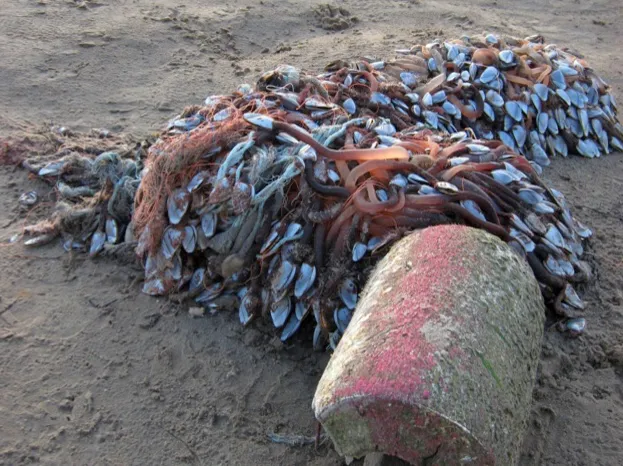According to data presented at the British Ecological Society’s recent annual meeting, squid and chips could replace cod and chips in the future as seas warm up due to the climate change.
And squid are not the only species likely to frequent UK waters.
“In 2025 and beyond, we may need to replace cod and other old favourites with warm water species such as mackerel, sardine and red mullet,” said Dr John Pinnegar of Cefas (Centre for Environment, Fisheries and Aquaculture Science).
So which other organisms are turning up more frequently in British waters?
“In recent years, we have a seen a few new species such as the anemone shrimp, found in snakelocks anemone,” said Julie Hatcher, marine awareness officer for the Dorset Wildlife Trust.
“In addition, there are two top shell species originally recorded in Devon and Cornwall that had never been recorded here [in Kimmeridge Bay, Dorset] when I first started in 2004. But now they have arrived here, are becoming quite abundant and have spread further east.”
Hatcher explained that another factor for higher frequencies of some species is due to the increasing amount of litter in our oceans, which could serve as vectors for invasive marine species in the future.
Goose barnacles, Colombus crabs and Florida rock snails are being found washed up on UK beaches.

